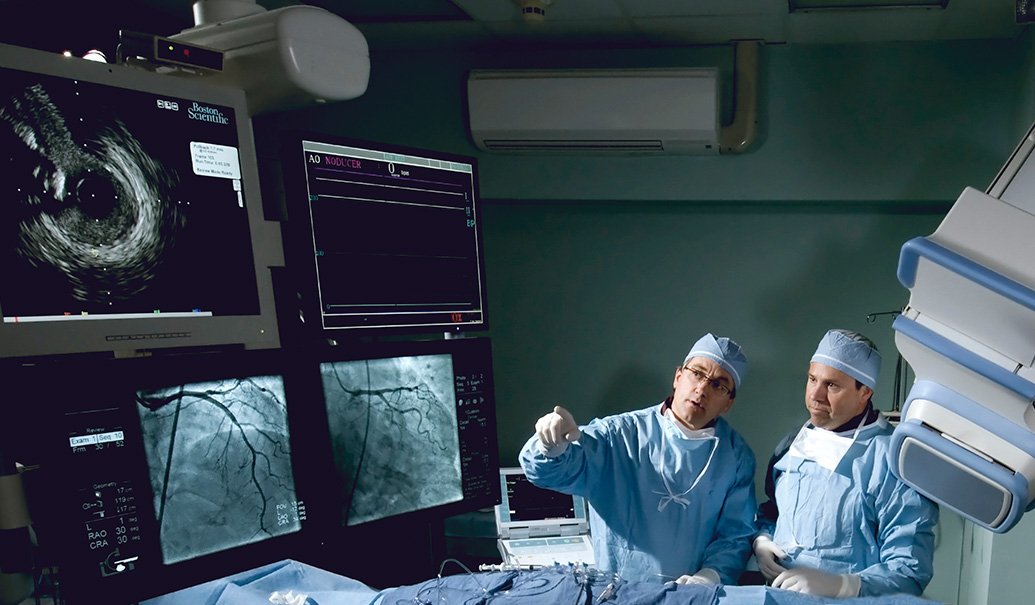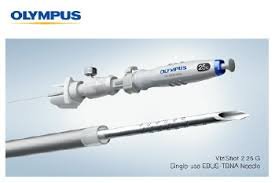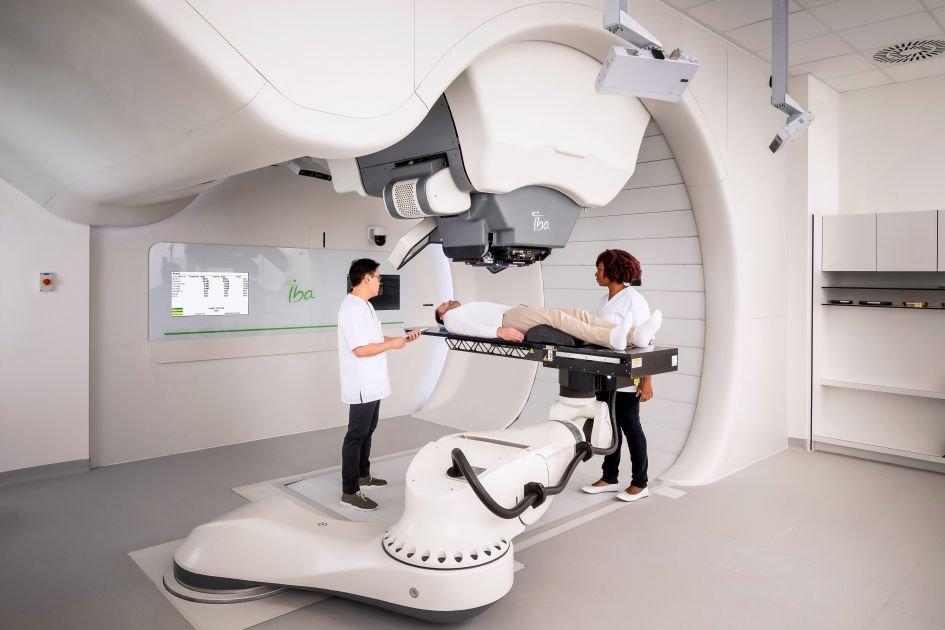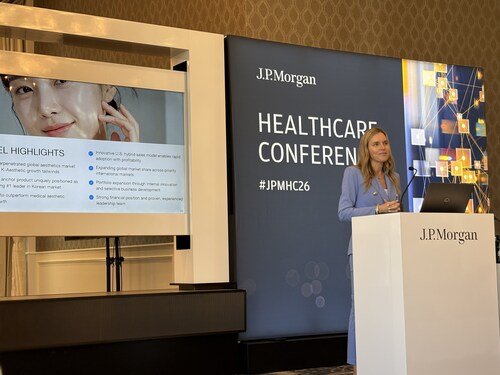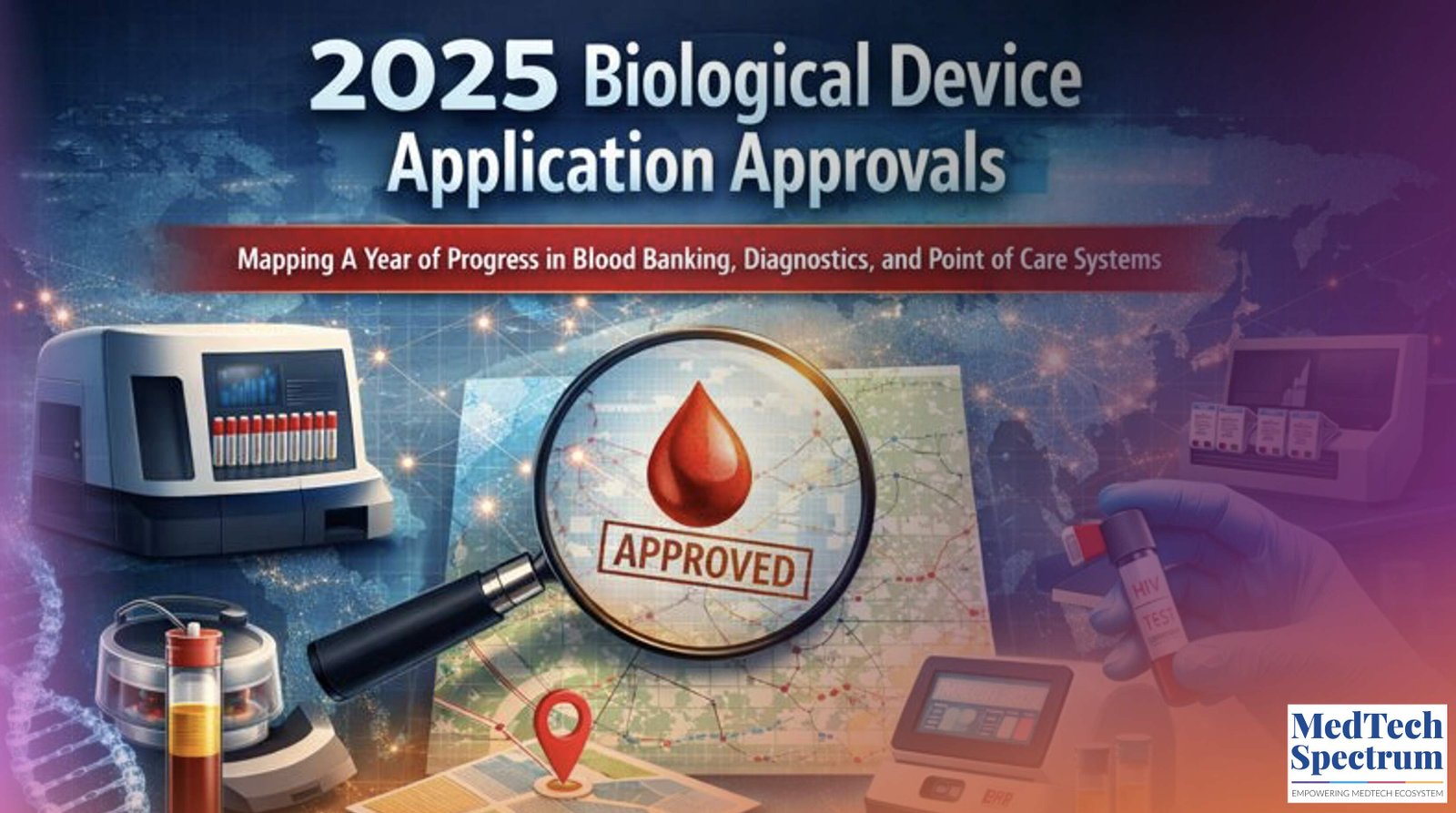Johnson & Johnson MedTech has unveiled its latest global report, “Surgical software: what’s next in connected surgery,” shedding light on the pressing challenges and transformative potential of digital tools in the operating room. Drawing insights from nearly 700 clinicians across 15 countries, the report underscores widespread consensus that the lack of global data standards and limited interoperability are major barriers to realizing the full benefits of surgical software. While the use of AI and digital platforms has shown strong potential to improve physician learning, reduce costs, and enhance surgical outcomes, fragmented systems and poor integration continue to hinder their full adoption in clinical settings.
The findings reveal that while more than 95% of surgeons agree that better surgical software would improve patient care, most struggle to access or apply patient data in real time. With operating rooms averaging over seven software solutions and multiple device manufacturers, clinicians describe their digital environments as “siloed” and “archaic.” Johnson & Johnson’s report calls for a shift toward a unified, interoperable ecosystem—a “hub” where tools, data, and people can operate in sync. Surgeons are urging the healthcare industry to embrace the same level of interoperability seen in consumer tech, enabling smoother workflows, real-time decision-making, and reduced variability in care.
Looking ahead, Johnson & Johnson MedTech emphasizes that an open, collaborative approach is essential to move digital surgery forward. A truly connected surgical ecosystem—anchored in global standards and seamless integration—holds the key to democratizing access to high-quality care and improving outcomes worldwide. The report is a clarion call to industry, regulators, and healthcare institutions to come together in building the infrastructure and standards that will define the next era of precision, data-driven surgery.


